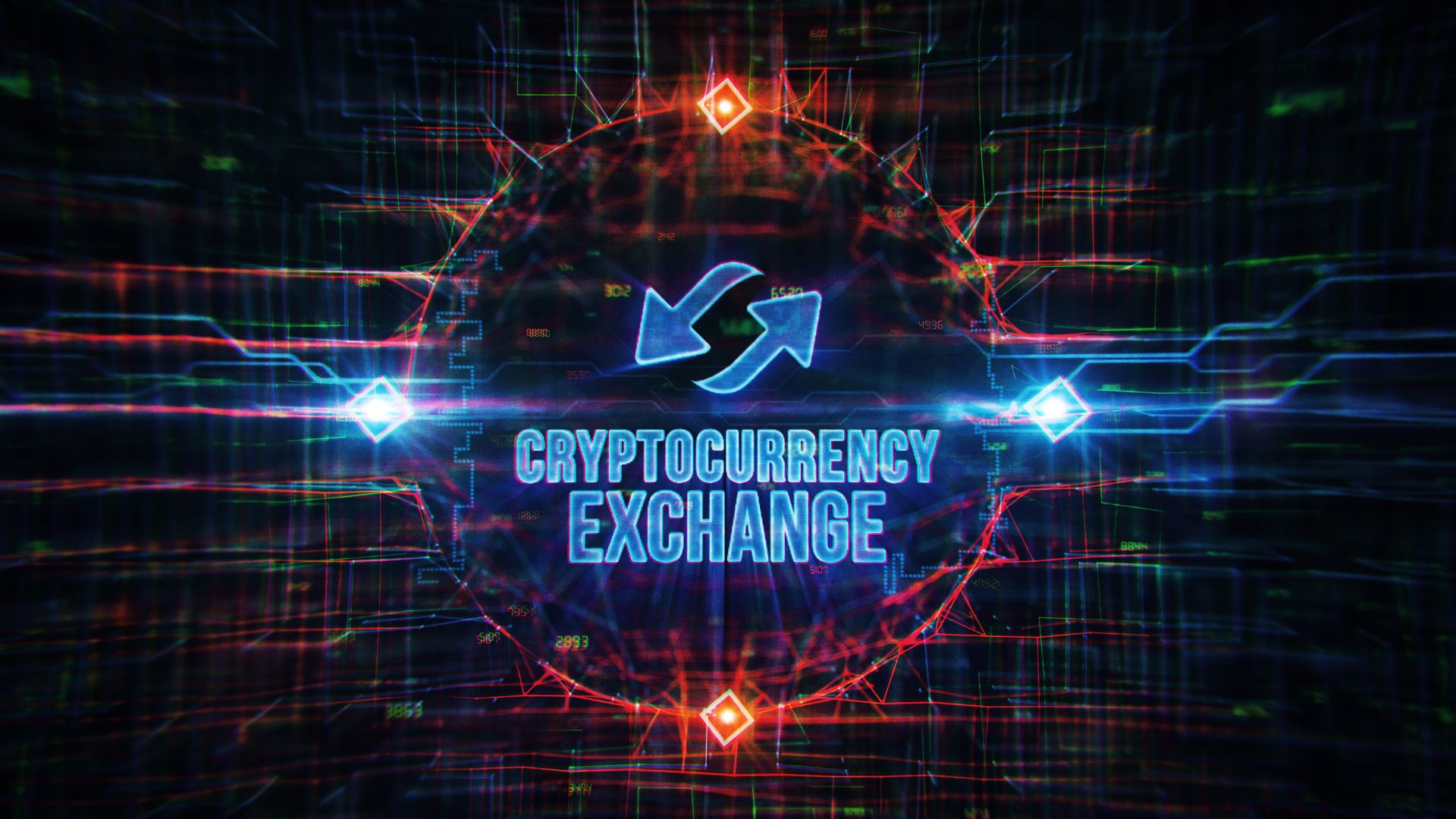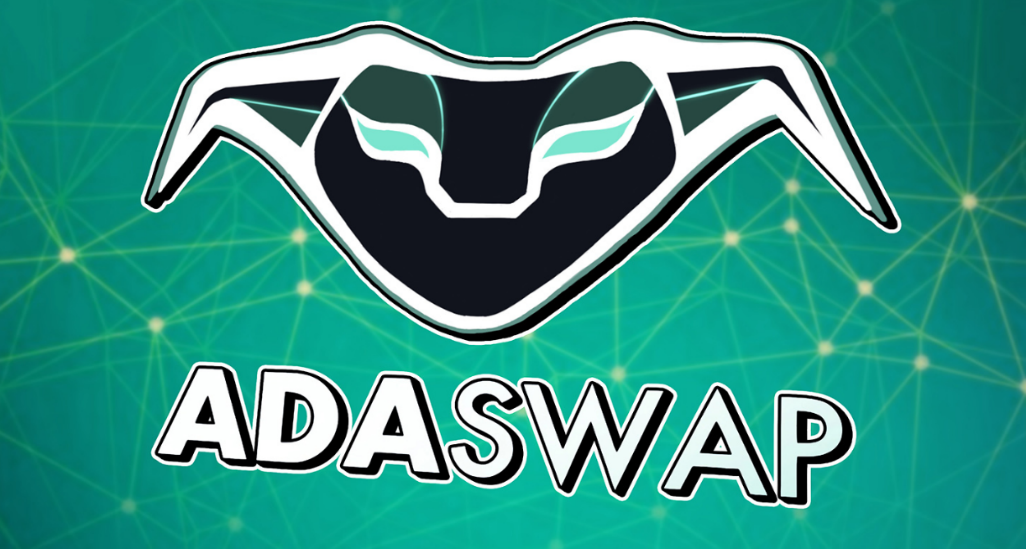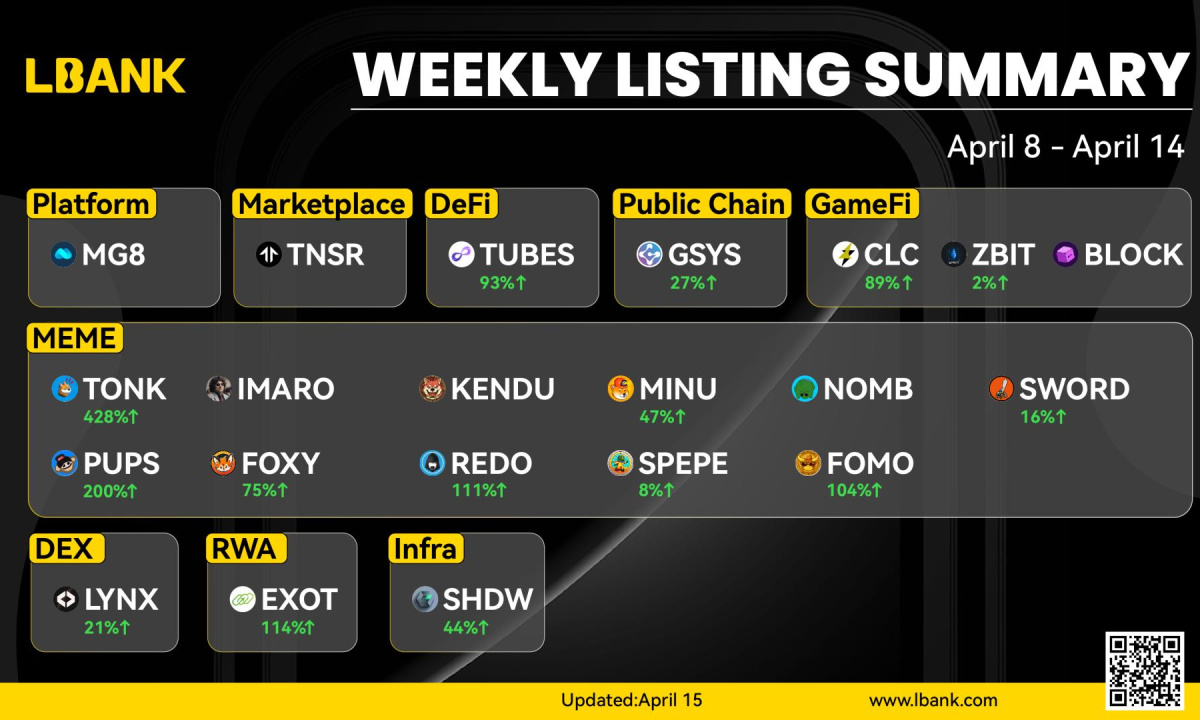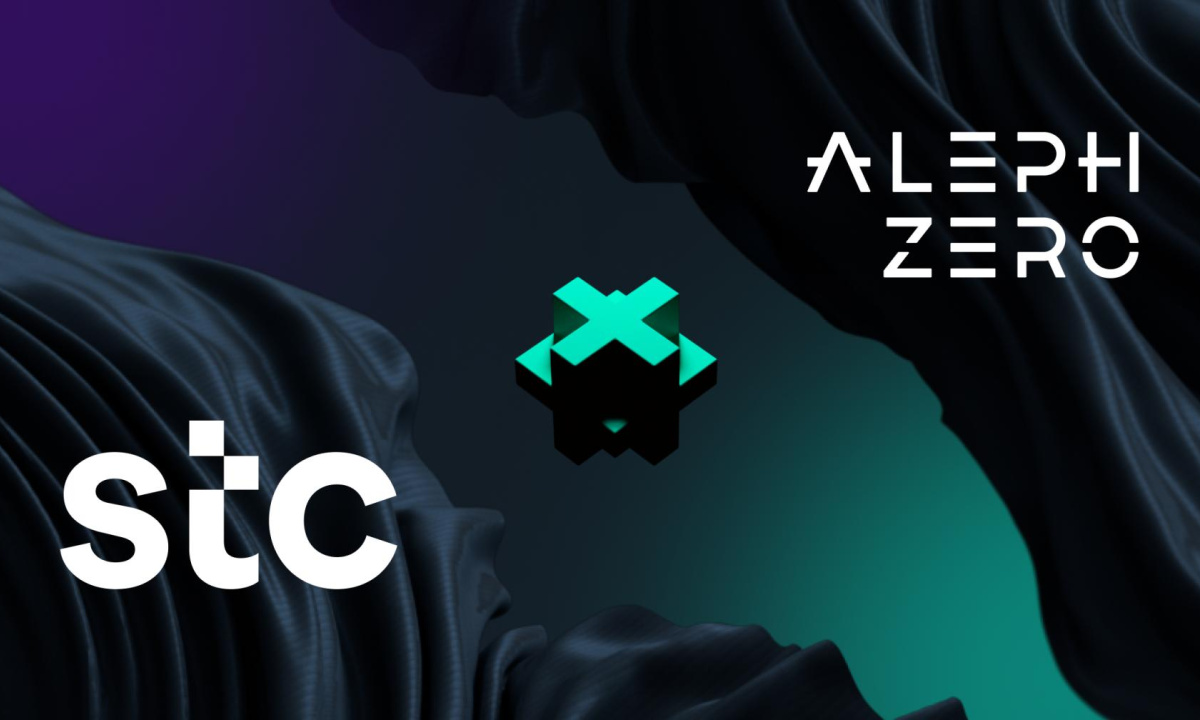Table of Contents
QiSwap, a decentralized exchange built on the Qtum blockchain, has just moved to mainnet to become a major building block for decentralized finance (DeFi) on Qtum.
With its mainnet launch, anybody can now begin swapping and providing liquidity for select QRC20 tokens, providing the first decentralized swapping protocol for the Qtum blockchain. With this move, Qtum now offers one of the most efficient AMM protocols available on any blockchain — enabling users to trade for just pennies in transaction fees.
Bringing DeFi to Qtum
Qtum is a popular open-source blockchain project that bears similarities to both Bitcoin and Ethereum.
Like Bitcoin, Qtum uses the unspent transaction output (UTXO) model, which offers greater privacy and scalability compared to account-based models like Ethereum. But it also uses the Ethereum virtual machine (EVM), enabling it to host solidity smart contracts—ensuring the blockchain is capable of powering a vast array of decentralized applications (DApps).
With the launch of QiSwap, Qtum now has its own automated market maker (AMM) platform—which is widely considered to be one of the main stepping stones to building a fully-furnished DeFi ecosystem.
This is epic.#Qiswap is live on @qtum Mainnet.@qiswap is fully decentralized protocol that automatically provides liquidity for $QTUM based on automated market making Algorithmus. https://t.co/Vd11ks60cx
— Mike E. Mars (@MikeEMars) November 13, 2020
After successfully completing several testnet phases over the last few months, QiSwap moved to the Qtum mainnet last week and is now up and ready for mainstream use. Right now, the platforms support a single QTUM + QCash (QTUM/QC) liquidity pool, which users can use to quickly source liquidity for their QTUM or QCash tokens.
In the coming weeks, QiSwap will add liquidity pools for several other prominent QRC20 tokens, all paired against QTUM as the base asset. Upcoming pools include those for Filecoin (FIL), wrapped Bitcoin (wBTC) and wrapped Ethereum (wETH): QTUM/FIL, QTUM/QBTC, and QTUM/QETH. QiSwap also plans to allow users to create their own pools on the platform to add support for any QRC20 asset.
Like other AMM protocols, QiSwap liquidity providers (LPs) will earn rewards for contributing liquidity — this is derived from the fee charged to users for swapping their assets on the platform. It also has its own governance token, known simple as QiSwap Token (Qi), which is used for voting on governance proposals and helping to determine how the QiSwap protocol operates and develops.
The platform recently passed an independent security audit by blockchain security firm Slowmist, with no vulnerabilities found — opening the floodgates to users and projects that want to easily source liquidity for their QRC20 tokens, while benefiting from the speed and efficiency of the Qtum blockchain.
Back in August, the Qtum Foundation — the development firm behind the Qtum open-source blockchain — announced the launch of a new grant program that offers up to $5 million in funding for firms looking to bring promising DeFi protocols to Qtum.
According to the announcement, anybody with unique knowledge and insights on DeFi applications with the capacity to build them on Qtum could be eligible for a grant. Qtum currently places a maximum cap of $50,000 in grants per development team.
Investment Disclaimer












